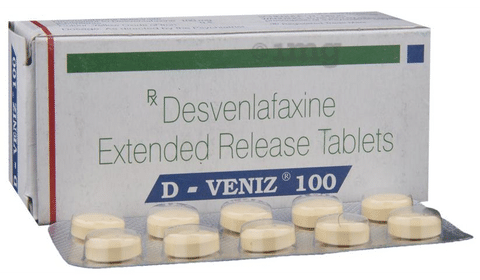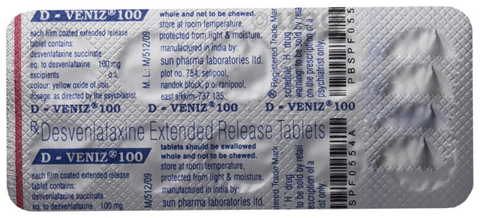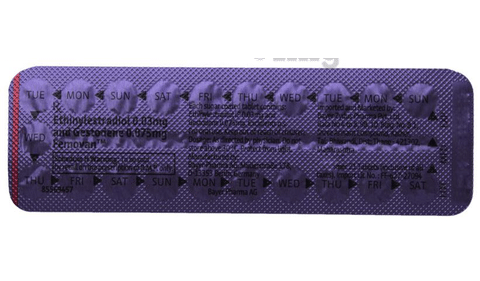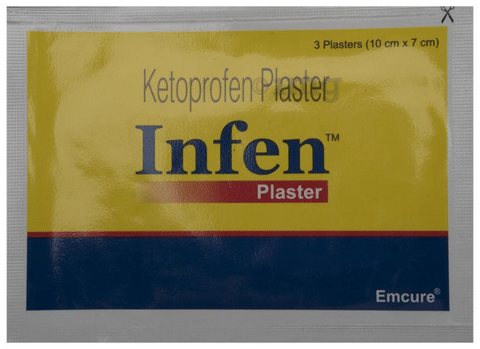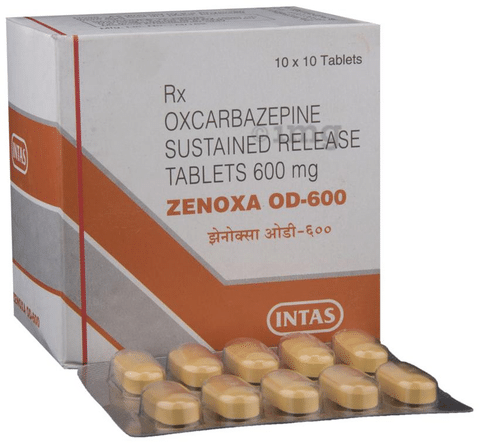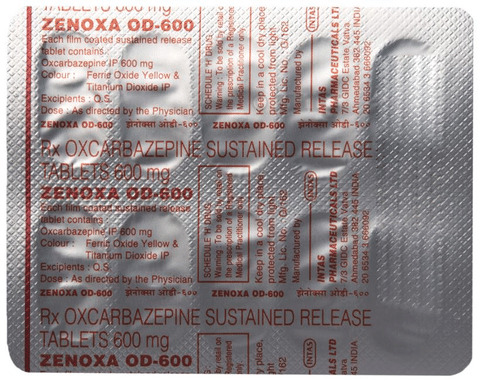Product Introduction
Aldactone 100 mg Tablet contains Spironolactone, a potassium-sparing diuretic that helps eliminate excess fluid and sodium from the body without causing potassium loss. It is commonly prescribed for managing heart failure, hypertension, edema, and primary hyperaldosteronism. By reducing fluid overload, it alleviates symptoms like swelling and breathlessness, enhancing overall cardiovascular function.
Uses
- Heart failure: Reduces fluid buildup, easing symptoms like shortness of breath.
- Hypertension (high blood pressure): Lowers blood pressure by eliminating excess sodium and water.
- Edema: Treats fluid retention associated with liver cirrhosis, nephrotic syndrome, or congestive heart failure.
- Primary hyperaldosteronism: Manages hormonal imbalance leading to fluid retention and high blood pressure.
- Hypokalemia: Prevents low potassium levels in patients at risk.
Benefits
- Maintains potassium levels: Unlike other diuretics, it conserves potassium, reducing the risk of hypokalemia.
- Reduces fluid overload: Alleviates swelling in the legs, abdomen, and lungs.
- Improves heart function: Decreases the workload on the heart by reducing fluid volume.
- Supports hormonal balance: Helps manage conditions caused by excess aldosterone.
Composition
- Active Ingredient: Spironolactone 100 mg
Side Effects
Common side effects may include:
- Nausea or vomiting
- Dizziness or lightheadedness
- Breast tenderness or enlargement (gynecomastia)
- Leg cramps
- Drowsiness
- Serious side effects (seek medical attention):
- High potassium levels (hyperkalemia): Symptoms include muscle weakness, irregular heartbeat.
- Dehydration: Signs include excessive thirst, dry mouth, reduced urination.
- Liver issues: Yellowing of the skin or eyes, dark urine.
Note: Always consult your doctor if you experience any adverse effects.
Safety Advice
- Alcohol: Avoid alcohol as it may enhance side effects like dizziness.
- Pregnancy: Use only if clearly needed; consult your doctor.
- Breastfeeding: Not recommended; the drug may pass into breast milk.
- Driving: May cause drowsiness or dizziness; avoid driving if affected.
- Kidney/Liver: Use with caution; dose adjustments may be necessary.
Other Advice:
- Take with food to minimize gastrointestinal discomfort.
- Preferably take in the morning to avoid nighttime urination.
- Regular monitoring of potassium levels is essential.





